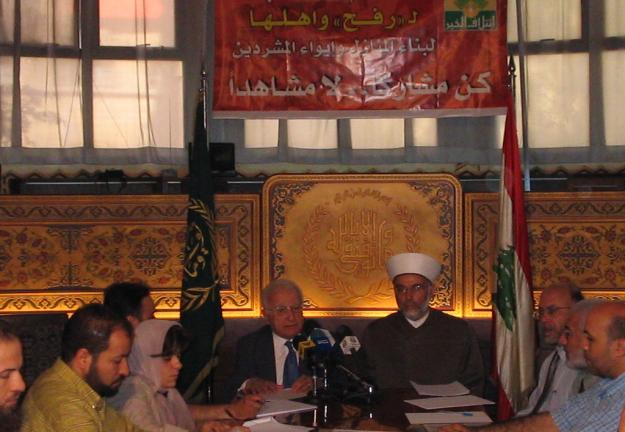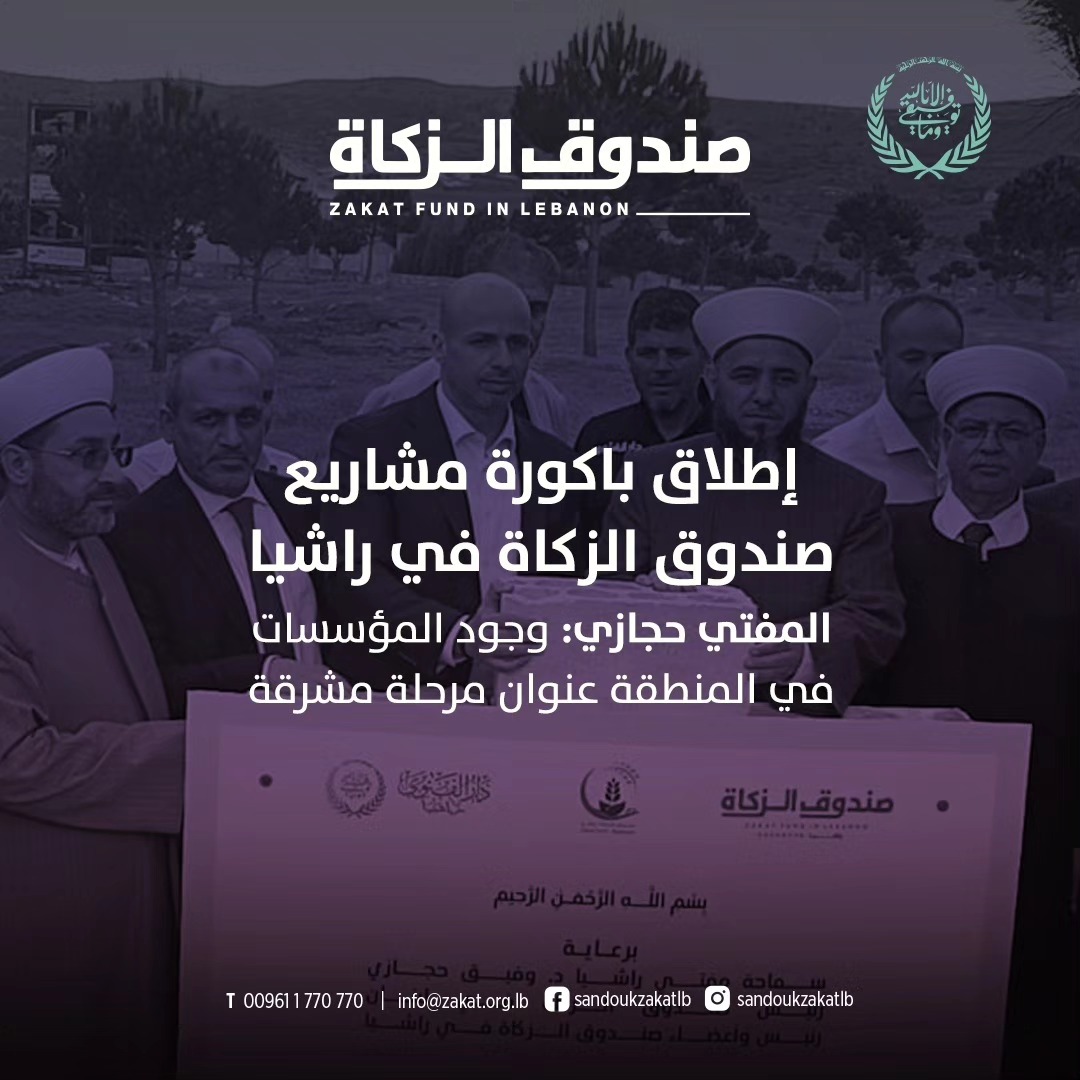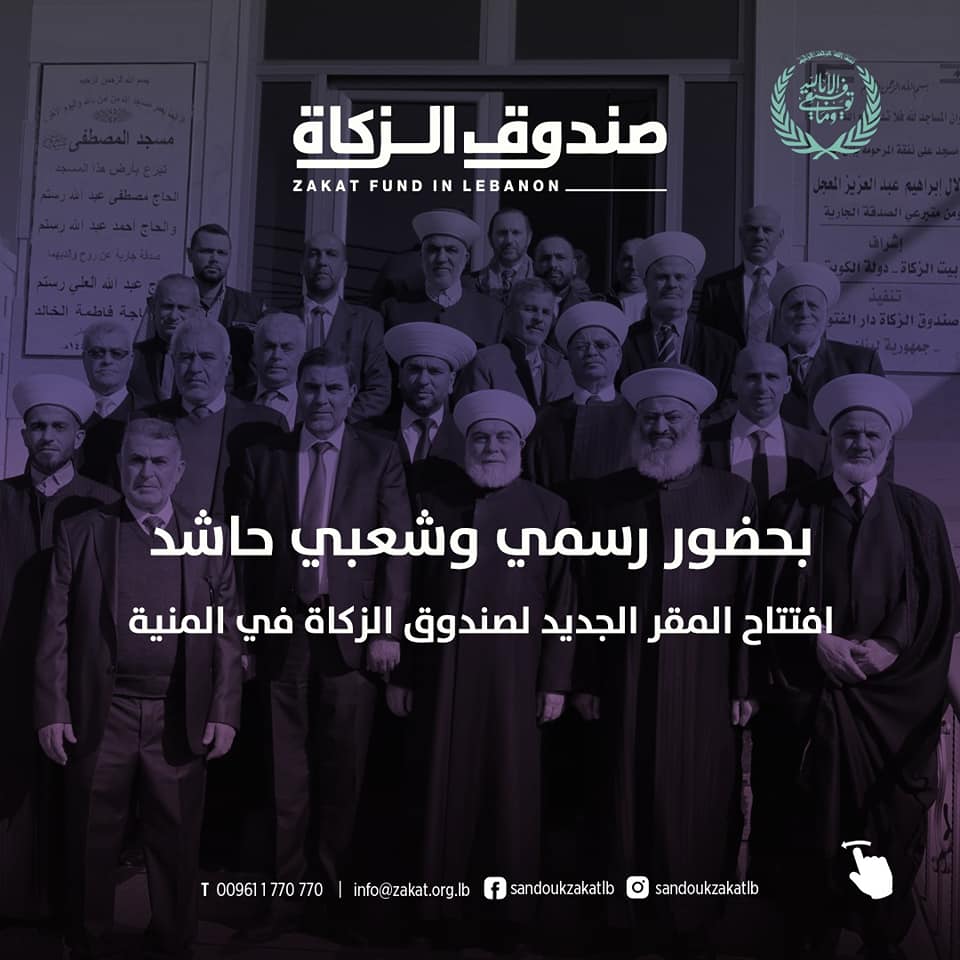In the name of God, Most beneficent, Most Merciful
God says in the holy Qura'n:"
And perform As-Salât (Iqâmat-as-Salât), and give Zakât, and whatever of good (deeds that Allâh loves) you send forth for yourselves before you, you shall find it with Allâh. Certainly, Allâh is All-Seer of what you do. (Al-Baqarah 110).
(1) Successful indeed are the believers. (2) Those who offer their Salât (prayers) with all solemnity and full submissiveness. (3) And those who turn away from Al- Laghw (dirty, false, evil vain talk, falsehood, and all that Allâh forbidden). (4) And those who pay the Zakât. (Al- Mu'minûn 1-4)
And let not those who covetously withhold of that which Allâh has bestowed on them of His Bounty (Wealth) think that it is good for them (and so they do not pay the obligatory Zakât). Nay, it will be worse for them; the things which they covetously withheld shall be tied to their necks like collar on the Day of Resurrection. And to Allâh belongs the heritage of the heavens and the earth; and Allâh is Well-Acquainted with all that you do. (Al' Imrân 180).
Dear Moslem brothers
The Zakat Fund prepared this introduction to (Alms-giving) Zakat, including its rules, conditions, limits, and distribution, with the main objective of calling upon Moslems to cooperate with the Fund to implement this basic pillar of Islam, and purify their wealth, and spread of prosperity.
Zakat Definition:
Zakat (Alms-giving) in Arabic language means purity, growth and blessing. The verb signifies to purify and grow, with the meaning of being blessed as described by the Qura'nic verse:"Take Sadaqah (alms) from their wealth in order to purify them and sanctify them with it, and invoke Allâh for them. Verily, your invocations are a source of security for them. (At-Taubah 103)."
In Islamic jurisprudence it is a specified portion of money imposed by God on those who are liable from the wealthy and rich members, with the following conditions








































